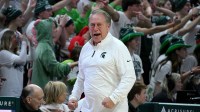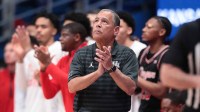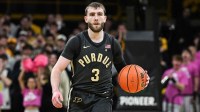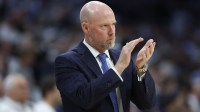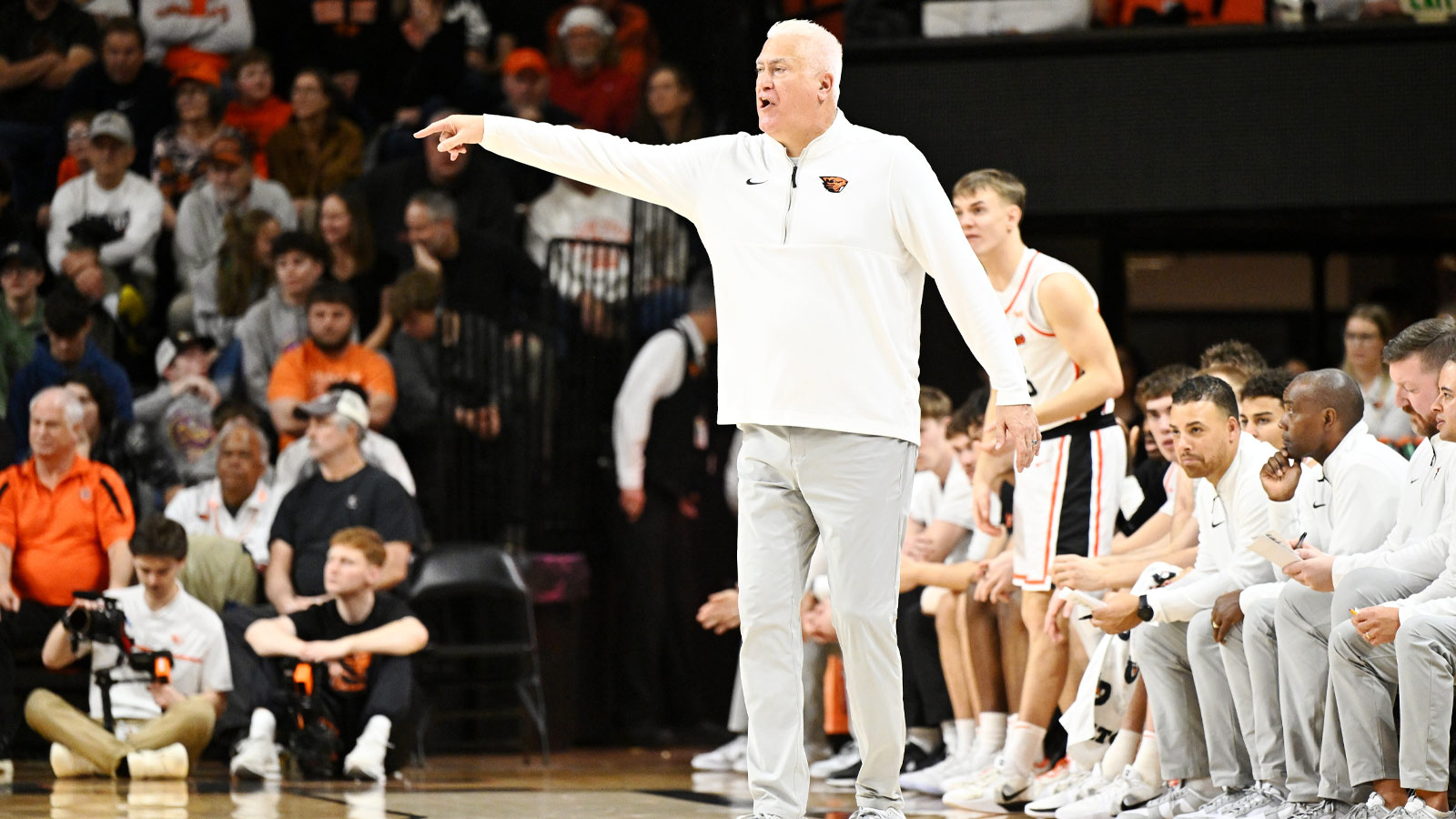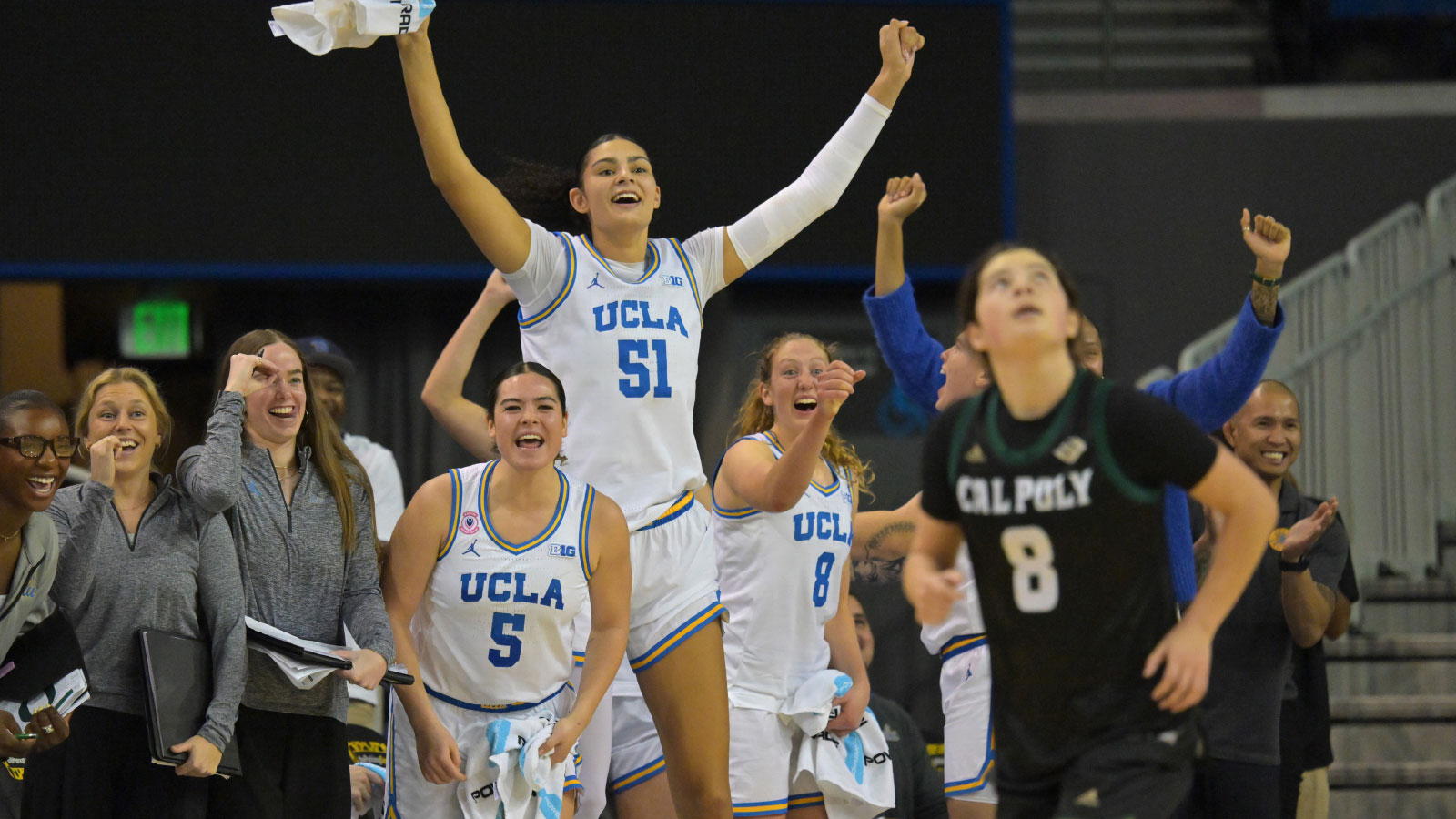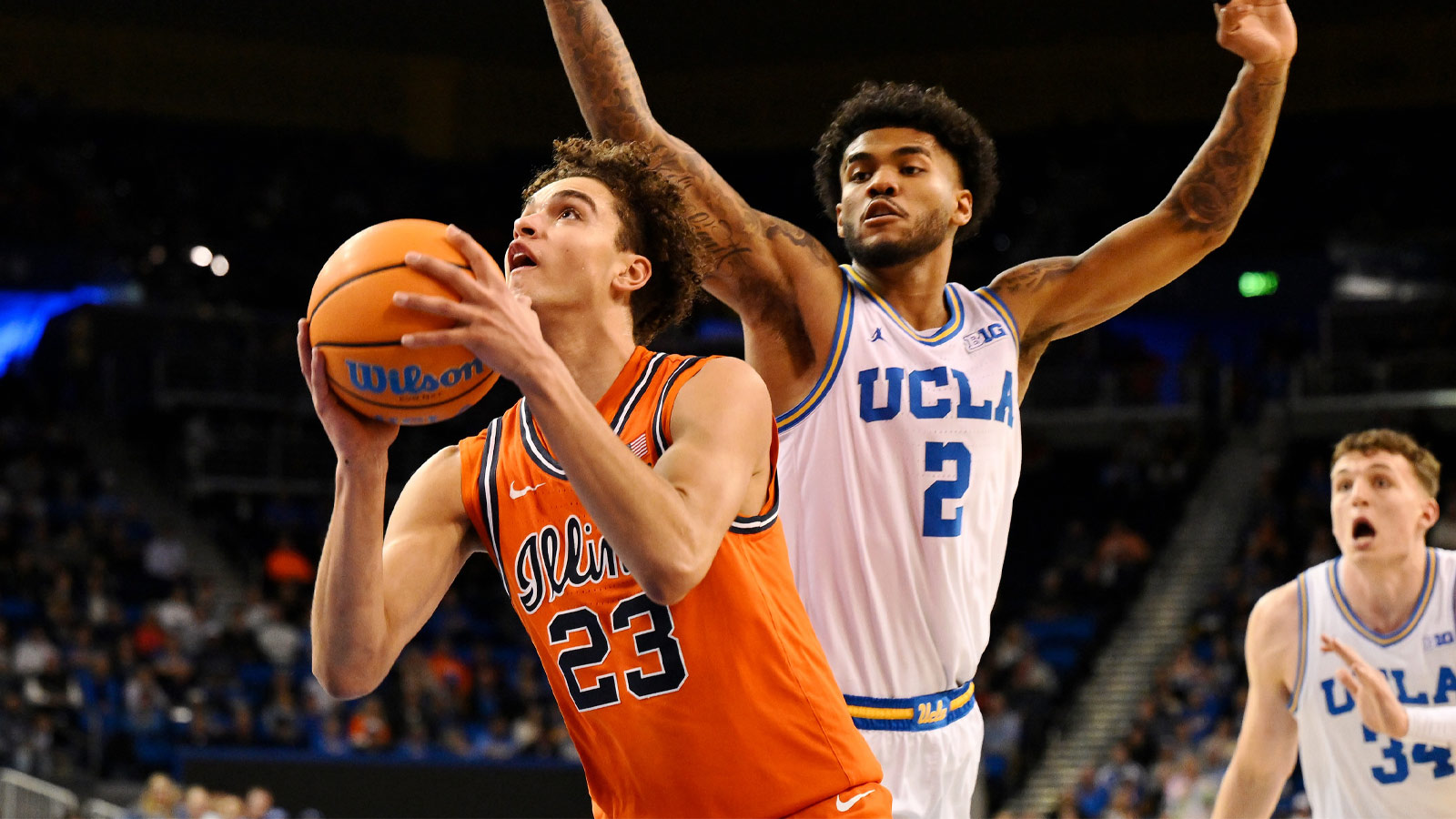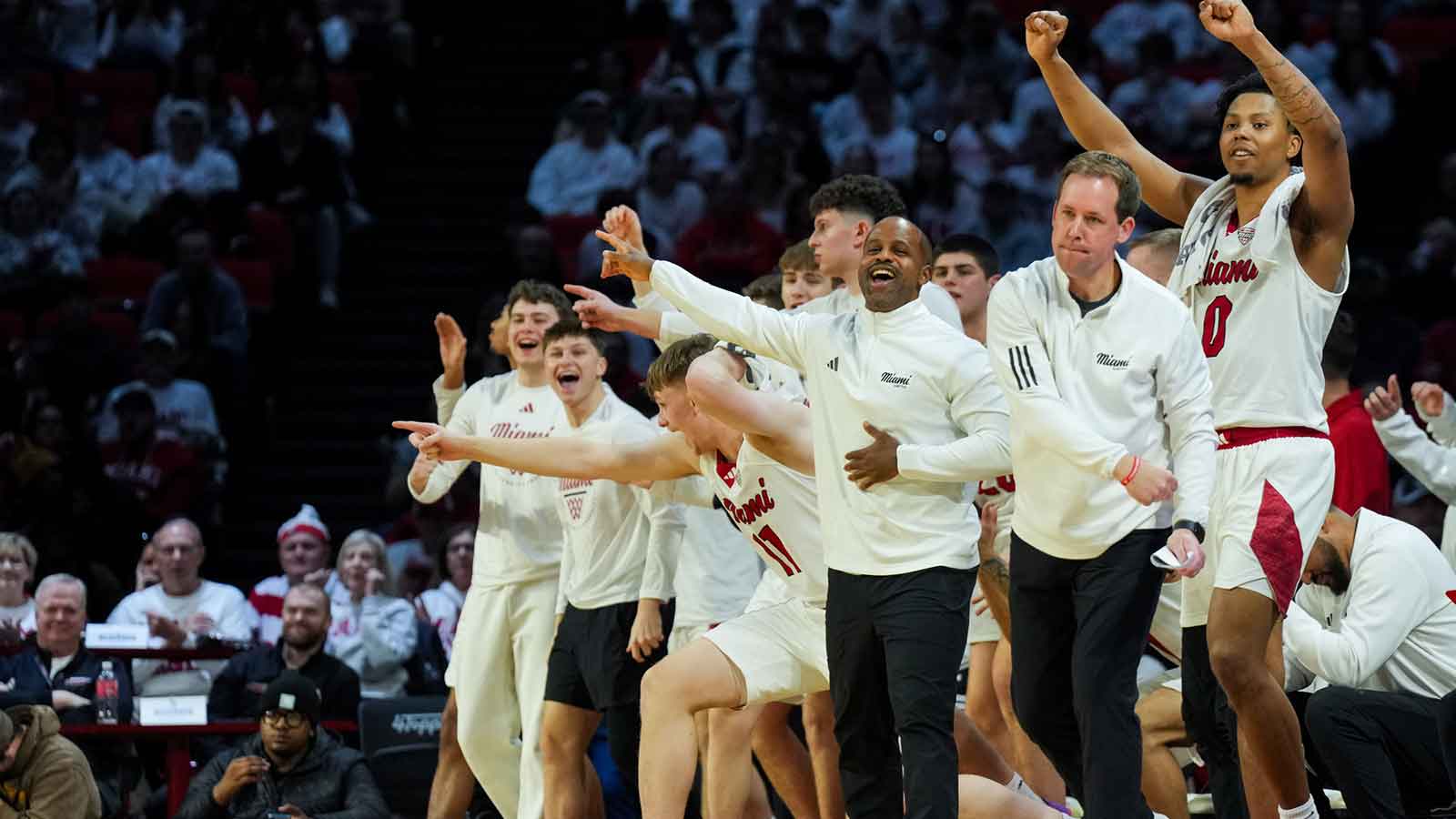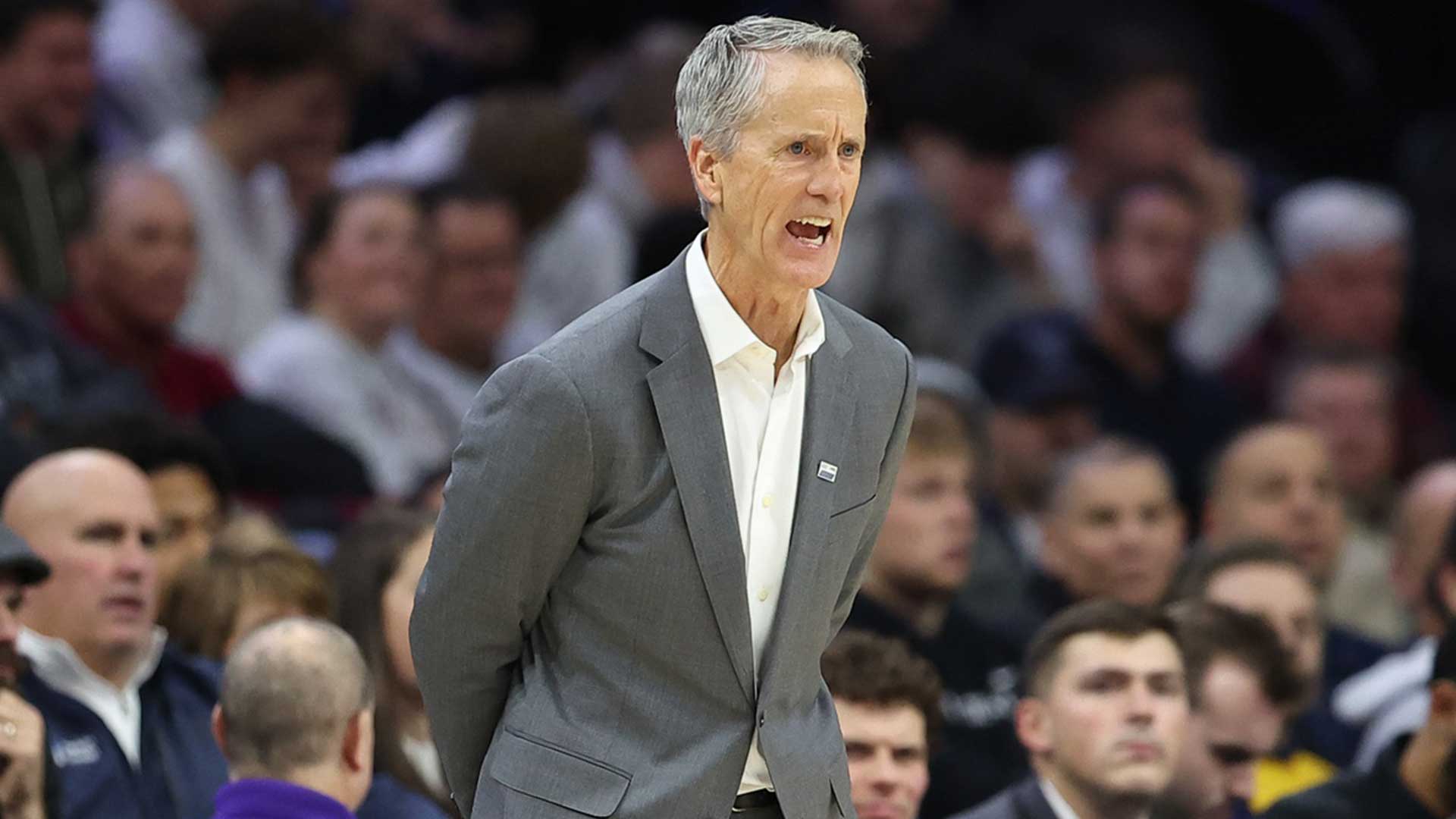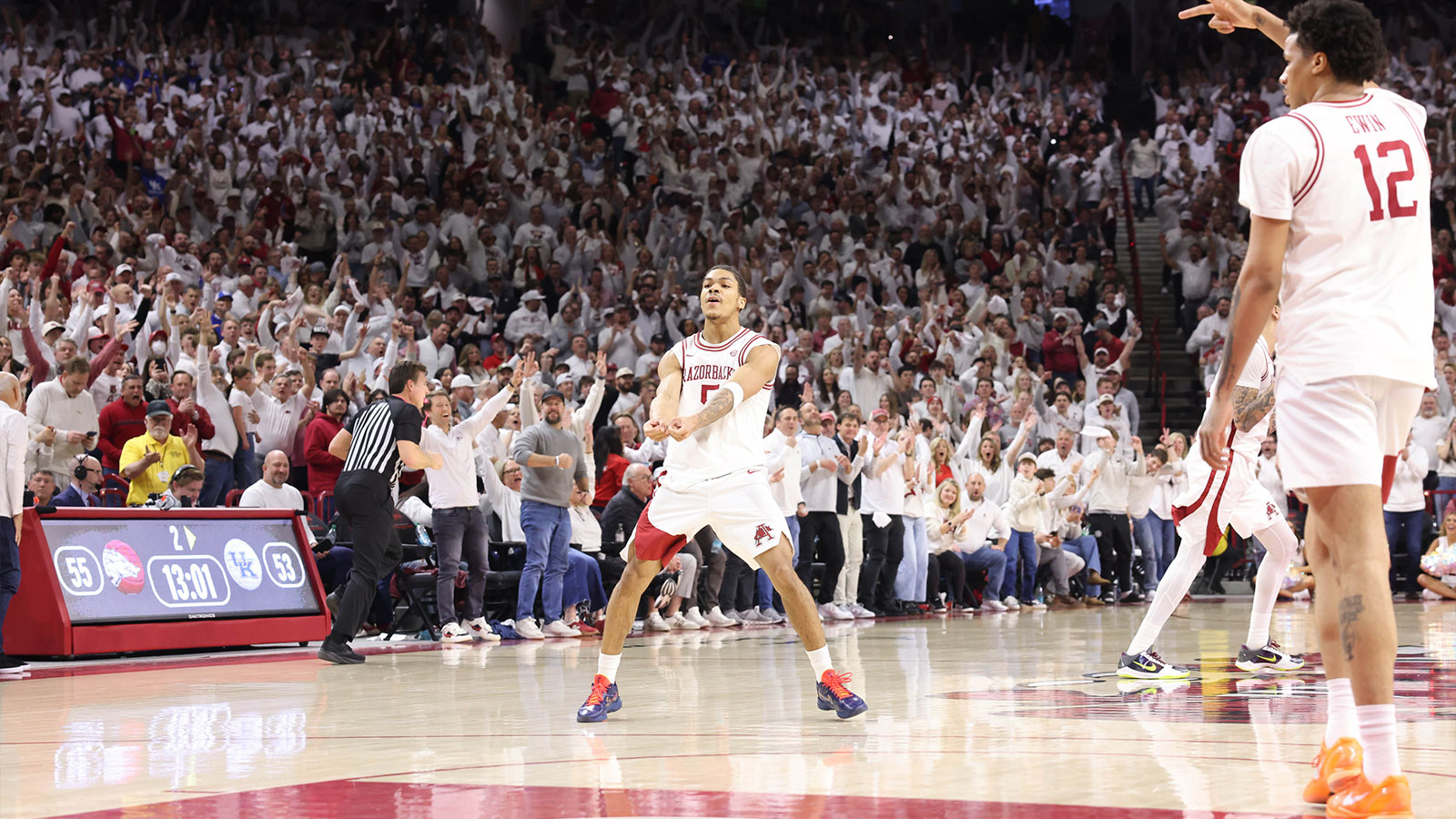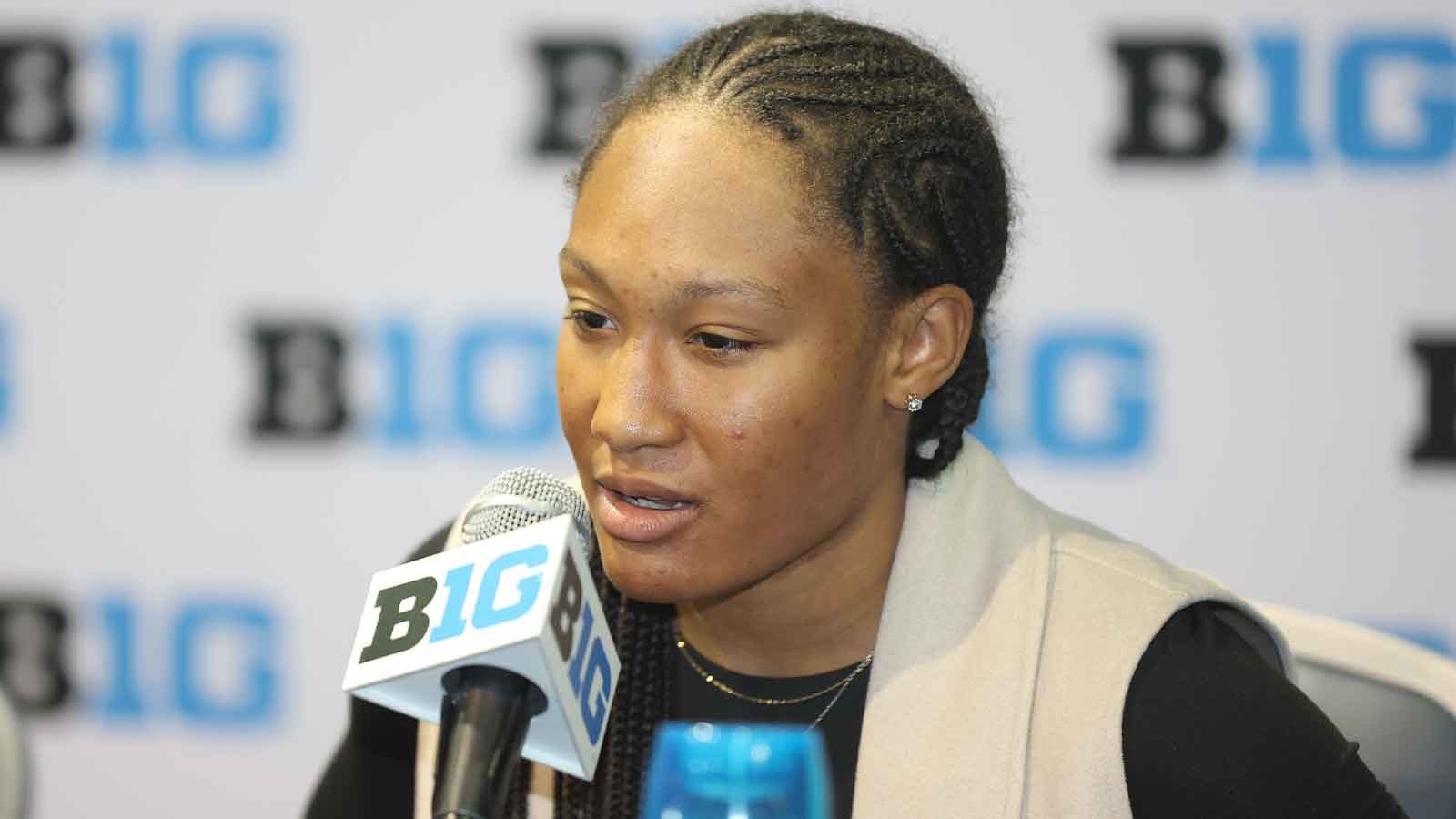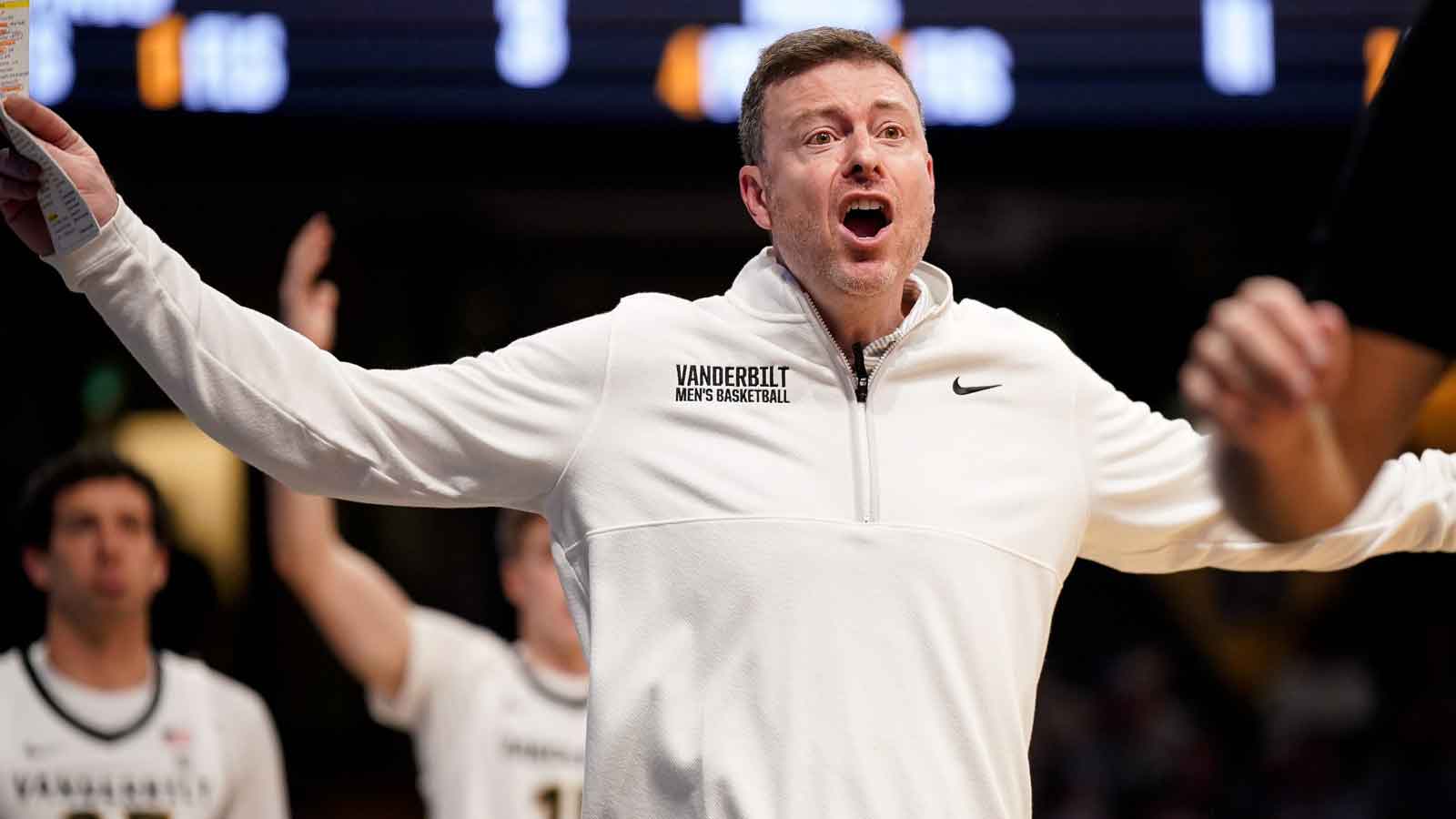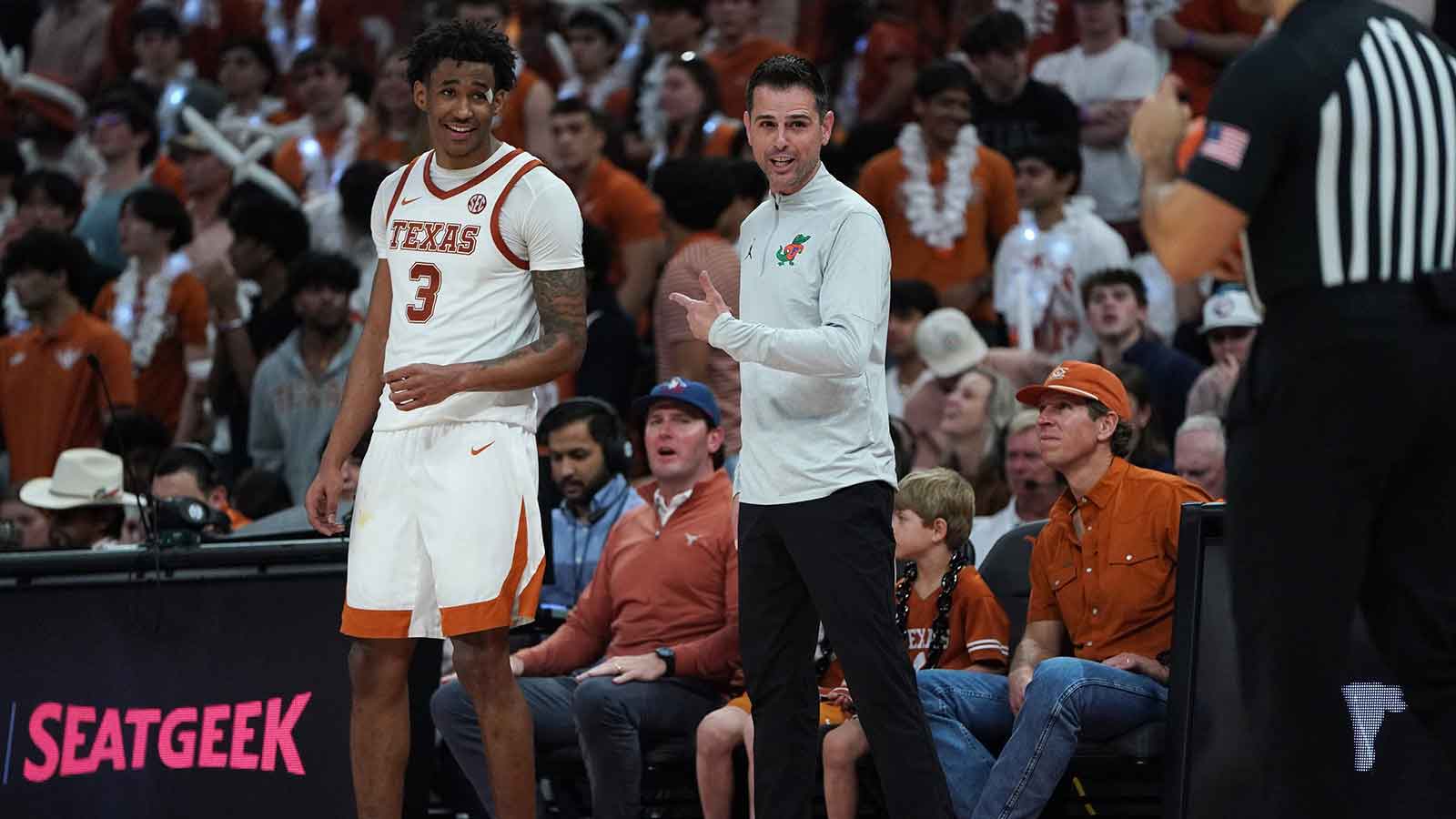Just under two months after being arrested on a charge of driving under the influence, former West Virginia men's basketball coach Bob Huggins is entering a 12-month diversion program, according to the Associated Press.
Huggins resigned from the program just a day after the arrest, and will now enter the program to resolve the drunk driving arrest.
“Huggins had been scheduled for a formal arraignment Thursday. According to court records in Pittsburgh, that hearing was canceled last month after he was accepted into the program,” AP wrote on Wednesday.
“Under the agreement, his one-year probation period can be done after six months if he meets all conditions, including the completion of an alcohol treatment program.”
Huggins lost his driver's license for at least 60 days, his job as the Mountaineers head coach, and $2,810 in court costs and fees along with $300 for an alcohol highway safety program.
He was stopped in the middle of traffic in Pittsburgh on Jun. 16, with his blood alcohol content more than twice Pennsylvania's legal limit. Huggins said early in July that he had never officially stepped down from the position and wanted to keep the job, and that he had checked into a rehabilitation facility.
West Virginia has made it clear that Huggins did resign from the position, although he accused the university of issuing a “false statement sent in his name that he didn't write or review,” per AP.
It was the second controversy of the season for Huggins, after he was criticized for using an anti-gay slur during a radio interview in May. That earned him a three-game suspension and a salary cut of $1 million, including a reduced contract.
The 69-year-old admittedly had a brutal final season in West Virginia, but the Naismith Basketball Hall of Famer is the third-winningest coach of all time in Division I with 935 victories, trailing only Mike Krzyzewski and Jim Boeheim.
Bob Huggins coached at West Virginia, his alma mater, since 2007. He guided the Mountaineers to 11 NCAA tournament appearances, including a Final Four in 2010. He spent one season at Kansas State after leading Cincinnati to 14 straight NCAA tournament appearances from 1992 to 2005, per AP.



